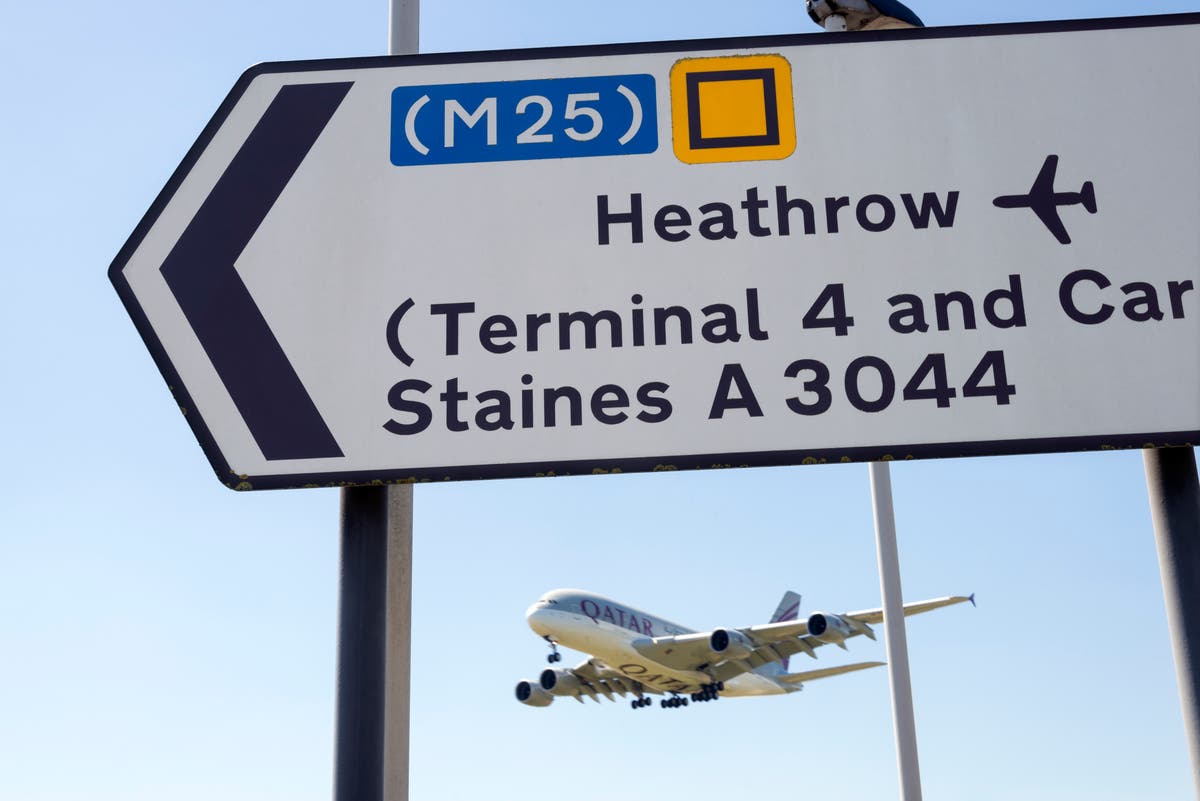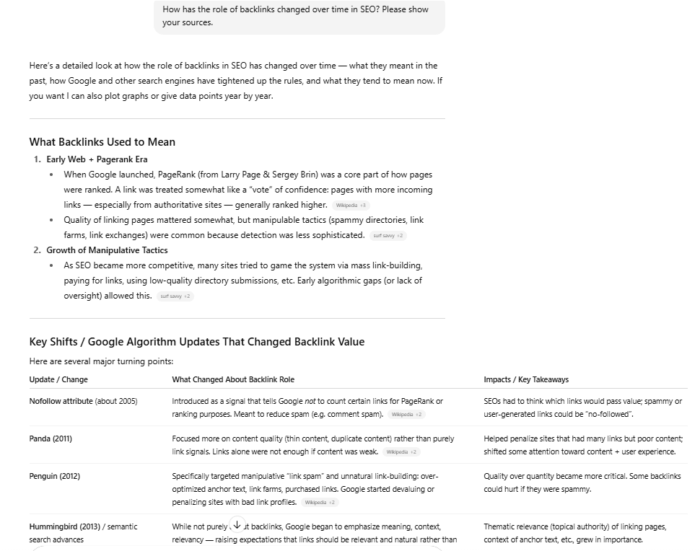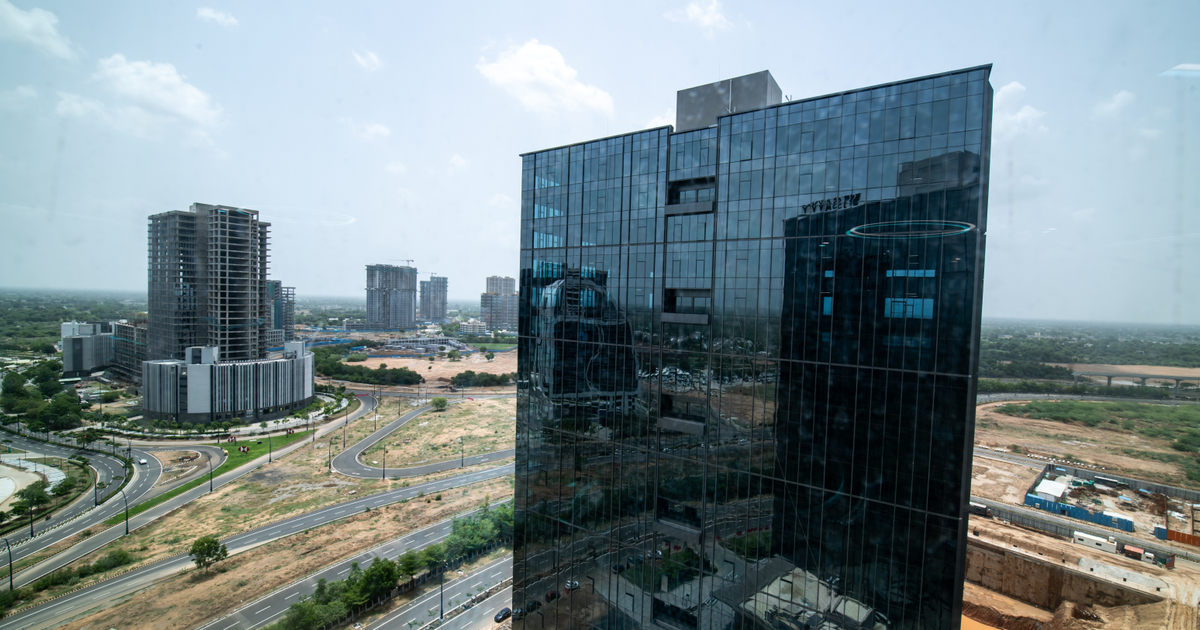Higher flying costs and frequent flyer levy backed by 89% of Brits to tackle climate crisis
‘Overwhelming’ support for strong climate action from British public

Some 89 per cent of people support raising the costs of flights and introducing frequent flyer levies in order to tackle the climate crisis, according to the biggest analysis of policy preferences ever published.
More than 21,000 Britons were surveyed on which policies they preferred in order to meet the UK government’s carbon emissions targets for 2030 in a poll by WWF and thinktank Demos.
Raising flying costs, particularly on frequent flyers, was one of the top five most popular measures.
The most popular idea – backed by 94 per cent of people – was a carbon tax of £75 per tonne on polluting manufacturing and construction businesses, with some funding to invest in new technologies.
This was followed by better-integrated public transport (93 per cent); food campaigns and support from government, supermarkets and food companies to encourage plant-based diets and cutting meat and dairy consumption (93 per cent); and a UK-wide electric vehicle charging network by 2028 (91 per cent).
“The British public have chosen the future they want – one with green jobs, clean air and thriving nature – and which doesn’t hit the worst-off in the pocket,” said Tanya Steele, the CEO of WWF.
“This is within our grasp, but only if the UK government listens and sets out a clear plan and strategy for getting there.”
The Climate Consensus report was compiled using data from a market research company, which polled a nationally representative sample of 22,000 that included people from every parliamentary constituency in the country.
It follows calls for the UK government to ban domestic flights where the journey can be completed by train in five hours or less.
UK charity the Campaign for Better Transport is arguing for cheaper rail fares to compete with domestic air travel, plus mandatory emissions labelling on plane tickets and the introduction of a frequent flyer levy for anyone taking more than three international flights a year.
Other demands included the shelving of airport expansion until “net zero” flights are possible and the continuance of Air Passenger Duty (APD), which airlines have called on the government to scrap.
“Cheap domestic flights might seem a good deal when you buy them, but they are a climate disaster, generating seven times more harmful greenhouse emissions than the equivalent train journey,” said Campaign for Better Transport chief executive Paul Tuohy.
“Making the train cheaper will boost passenger numbers and help reduce emissions from aviation, but any cut to Air Passenger Duty – coupled with a rise in rail fares in January – will send the wrong message about how the government wants people to travel and mean more people choosing to fly.
“The government has led the way with bold climate ambitions, now it needs to take similarly bold actions to make those ambitions a reality.”

 Aliver
Aliver 































